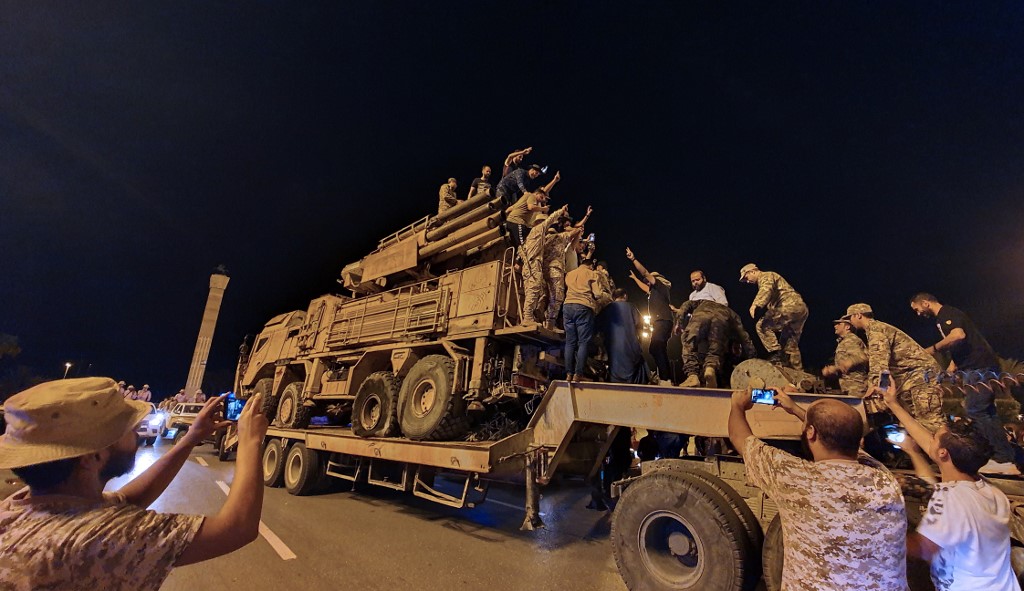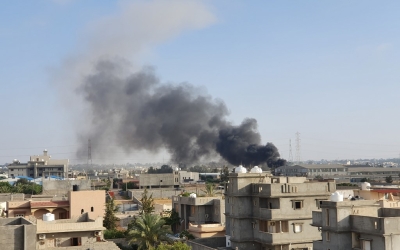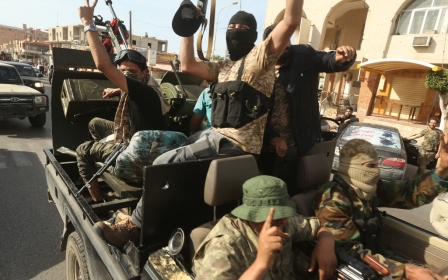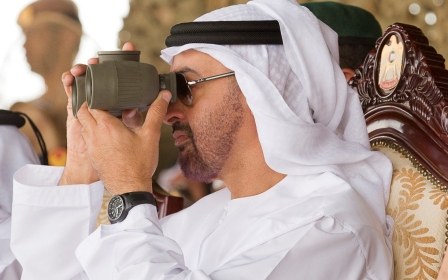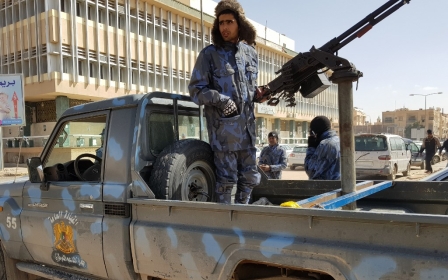Libya crisis: GNA gains are a golden opportunity to end this toxic conflict
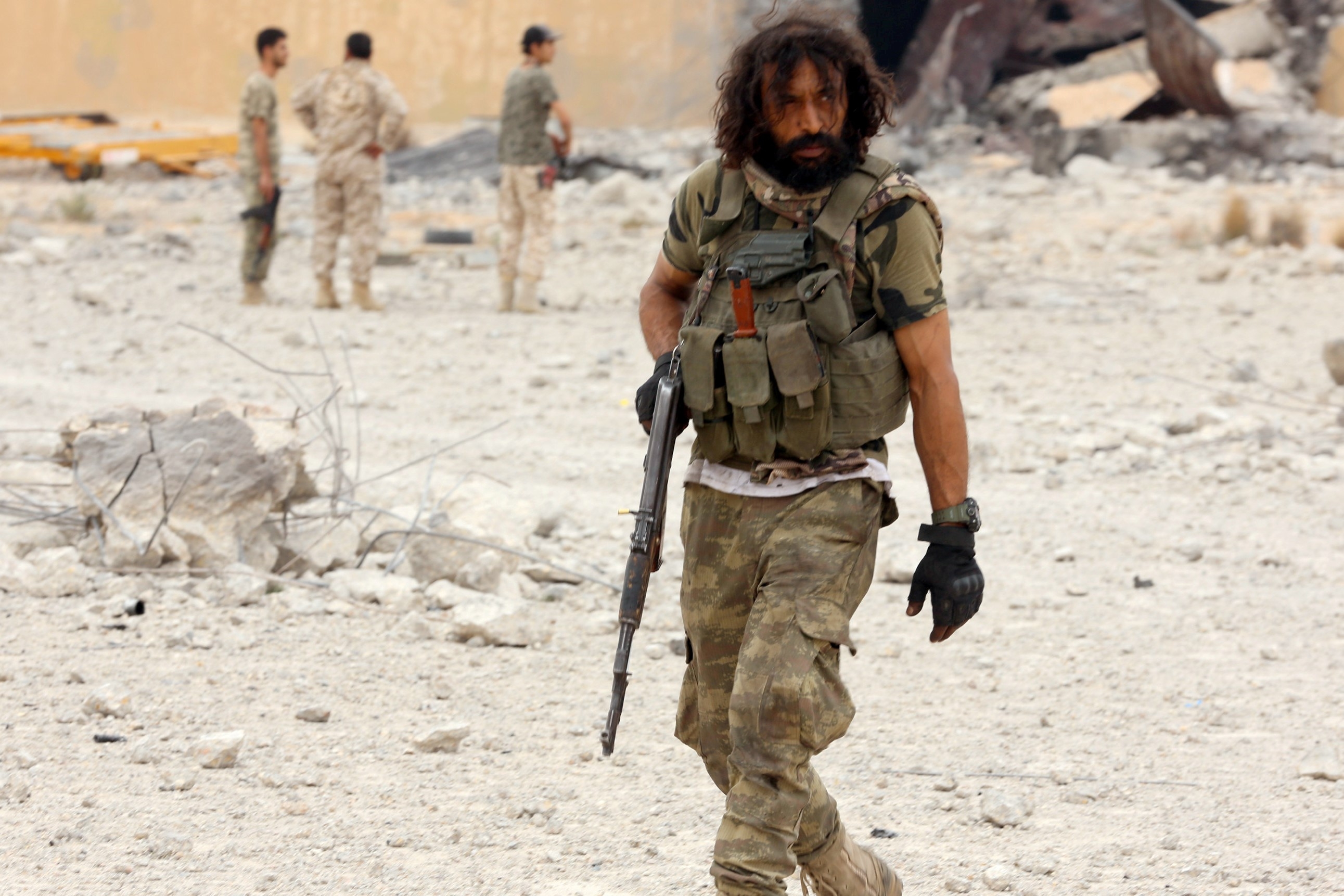
The recent military gains by the UN-backed government in Libya have shifted the balance of power on the ground and ushered in new political realities.
Not only have the Government of National Accord (GNA)’s forces liberated the Libyan capital, Tripoli, from General Khalifa Haftar’s forces but they are now on the march to control all of western Libya. Backed by Turkish drones and air defence systems, the GNA’s forces have turned the tide against Haftar.
These military gains provide a golden opportunity for the international community to push to end the protracted conflict in Libya. They also create a rare space to increase political and diplomatic pressure on Haftar to accept the UN-backed Berlin peace plan, which may be the only way to bring an end to Libya’s bloody and toxic civil war.
The Egyptian initiative
Egypt’s initiative to hold a ceasefire in Libya which was announced on Saturday by President Abdel Fattah el-Sisi is born dead for several reasons.
New MEE newsletter: Jerusalem Dispatch
Sign up to get the latest insights and analysis on Israel-Palestine, alongside Turkey Unpacked and other MEE newsletters
Egypt has lost its credibility as an honest mediator in the Libyan conflict since it supported Haftar’s offensive on Tripoli
Firstly, it is a unilateral initiative where only one side of the conflict, the one that is backed by Egypt, was invited to the press conference where the initiative was announced.
Secondly, the initiative is an attempt to stop the momentum of the GNA’s military gains and to halt its advancement to the other cities controlled by Haftar’s forces. Thirdly, the initiative does not specify any mechanisms on how it would be implemented and what action would be taken if the other party didn’t accept it, which is the case with the GNA’s rejection.
Finally, Egypt has lost its credibility as an honest mediator in the Libyan conflict since it supported Haftar’s offensive on Tripoli. Therefore, it is unlikely that its initiative would materialise in a peace process that is accepted by all parties.
Clashing agendas
Since the removal of Libyan dictator Muammar Gaddafi in 2011, Libya has experienced one of the most chaotic, prolonged and toxic conflicts in the Middle East and North Africa region. Like other regional battles, the Libyan conflict has become a proxy war led by regional and global rivals with clashing agendas, all keen to advance their political, strategic and economic interests in the oil-rich country at the expense of its stability.
Libyan strongman General Khalifa Haftar is supported by Egypt, the United Arab Emirates, Saudi Arabia, France and Russia. On the other side, the UN-backed government led by Fayez al-Sarraj, known as the Government of National Accord (GNA), is supported by Turkey and Italy.
Ostensibly, these actors commit to peace plans and negotiations led and facilitated by the UN - but on the ground, their behaviour and strategies promote the opposite
Both parties have been involved in a bloody civil war over the past nine years, with few signs that it will end soon. Since 2014, Haftar’s forces, known as the Libyan National Army (LNA), have controlled the eastern and southern regions of Libya and captured the country’s oil facilities.
The LNA couldn’t have achieved that without receiving significant military, political, diplomatic and logistical support from Haftar’s regional and global backers. Egypt, the UAE and Saudi Arabia consider Haftar to be a bulwark against extremism, while France and Russia view him as a strong partner who can advance their economic and strategic interests in North Africa.
Ostensibly, these actors commit to peace plans and negotiations led and facilitated by the UN - but on the ground, their behaviour and strategies promote the opposite.
Violating arms embargo
Abu Dhabi has invested heavily in Haftar and provided him with advanced weapons. According to a UN report, the UAE has provided Haftar with air power and advanced military equipment, in violation of the UN arms embargo imposed during the country’s 2011 uprising and tightened in 2014. Recent reports reveal that the UAE has also supplied Haftar with an Israeli air defence system to counter Turkish drones that back the GNA’s forces.
Egypt’s support to Haftar is also clear. Cairo endorsed Haftar’s offensive on Tripoli and provided military, logistical and diplomatic assistance to his forces. Egyptian President Abdel-Fattah al-Sisi views Haftar as a key partner in his self-declared war on Islamists, making Haftar an essential component of his national security vision.
Cairo and Abu Dhabi are fearful of Turkey’s regional role, particularly after Ankara and the GNA signed military and maritime deals last year, giving Turkey a stronghold in the eastern Mediterranean region that could provide a strategic advantage against its rivals.
For Russia and France, the stakes are even higher. Moscow views Libya as another opportunity to expand its sway, not only in the Middle East and North Africa, but also in Europe. Supporting Haftar to take over Tripoli could provide Moscow with an unprecedented strategic advantage that could be used to influence relations with the West, and particularly European rivals.
Similarly, the goals of Paris range from fighting extremism and illegal immigration from sub-Saharan Africa, to securing economic, oil and military interests. While France officially recognises the GNA, it has sided with Haftar by providing military and intelligence support during his offensive against Tripoli.
Conflicted strategy
US and Russian officials have recently engaged in an intense war of words over Libya. The US military accused Russia of deploying fighter jets to Libya in support of a group of Russian mercenaries operating in the country. Moscow has vehemently denied the US claim, calling it “disinformation”.
The exchange highlights the intricacy and intensity of the conflict in Libya, and its evolution into another spot of contention between global and regional powers. In fact, the US has adopted an unclear and conflicted strategy towards Libya.
While President Donald Trump supported Haftar’s offensive against Tripoli, the Pentagon’s comments on Russia’s military support shows signs of frustration and concern over Moscow’s increasing involvement.
In addition, the US ambassador to Libya, Richard Norland, has expressed support for the GNA’s commitment to peace and scolded the “forces seeking to impose a new political order by military means or terrorism”.
Such conflicting messages are counterproductive, serving only to strengthen the position of US rivals, particularly Russia, much as we saw in Syria.
The views expressed in this article belong to the author and do not necessarily reflect the editorial policy of Middle East Eye.
This article is available in French on Middle East Eye French edition.
Middle East Eye delivers independent and unrivalled coverage and analysis of the Middle East, North Africa and beyond. To learn more about republishing this content and the associated fees, please fill out this form. More about MEE can be found here.



